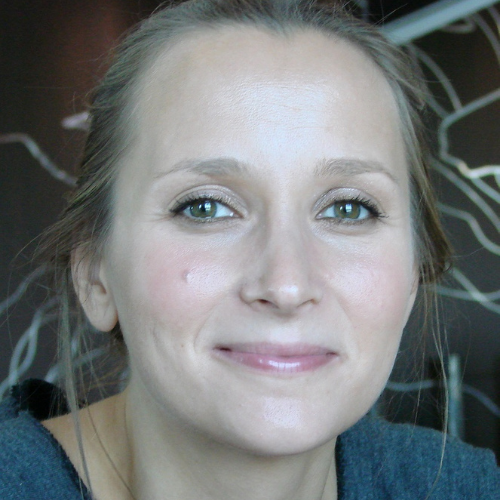Welcome Ola, can you tell us what some of the challenges are around equality, diversity and inclusion in the research space?
If the above statement wasn’t true for you then you have probably grown up in a different part of the world, or you have developed a sensitivity to diversity. The challenges around Equality, Diversity and Inclusion (EDI) in research are underpinned by this bias, because we automatically assume what a good researcher or scholar looks like. By doing so, we tend to recruit and promote a homogenous mass of researchers, overlooking the talent potential of people with alternative social categories (or protected characteristics). This produces a plethora of negative consequences in research.
How can we break this stereotype?
Inequality, homogeneity and exclusion are being perpetuated through too many issues: a lack of role models to inspire the next generations of diverse researchers, discrimination based on the protected characteristics, stubborn unconscious bias and prejudice in funding, recruitment and promotion, the preferred cohort effect, sexual harassment, low socio-economic background, organisational resistance to change, weak top-management commitment or no bottom-up buy in, a lack of dedicated financial and human resources to EDI, and institutional regimes that narrowly define research potential and success. Our research has shown that change agents who feel passionate about EDI and institutional change are too often acting not only in isolation, but also without recognition of their work. To break this cycle we need a systemic approach to change that interrogates the entire system and structures in institutions. This is a long, slow, and often a political process.
Why is EDI important for research?
We could consider the business case for diversity in research, such as increased creativity, performance, richness of perspectives to produce excellence in research. We need to reflect who produces knowledge. Who is the knowledge produced for? Who is the end user of the research and are they benefitting from it? Could this research be harmful to the groups not included in the trials? Who are we assuming to be the standard case, and why?
I prefer to use the social justice rationale for boosting equality, diversity, and inclusion in research, because this is more difficult to normatively dismantle. Every researcher should have an equal chance to have a productive, fulfilling career, a meaningful life, and be able to produce knowledge to help their communities.
What do you hope to achieve in this role at the Elizabeth Blackwell Institute?
Every effort towards promoting, championing and fostering EDI is like a grain of sand that is carried by a strong wind of change towards social justice in higher education and research and innovation. We need to constantly add to these efforts and recognise that this process has to continue to be effective. My hope is to disseminate EDI knowledge and best practice to the research community and inspire people to realise that change lies within their practice. By recognising that we are connected through the passion for equality, we can promote and apply alternative practices that challenge the old ways of doing things, the status-quo. The Elizabeth Blackwell Institute is particularly well placed to foster this change, as we fund researchers and support their innovative ideas, and this is where change begins.
On Ola’s background…
I completed a masters degree in management with human resources (HR) which was motivated by my interest in the employer-employee relationship. I wanted to explore how transformative HR practices, rather than purely transactional ‘personnel’ policies, can ameliorate power imbalances and help organisations in this complex relationship. But, soon I realised that in all aspects of management, including diversity, there was always an implicit assumption of the primacy of the business case, and the rationale for boosting productivity, performance, creativity, and encouraging employees to be loyal and bound by a strong psychological contract. I was able to finally remove this lens during my PhD research focusing on women knowledge workers who used flexible work arrangements. This exposed me to the gender in management networks of scholars who produced critical research cutting across inequality issues of work and employment in organisations. Suddenly, I felt at home.
And before joining the University of Bristol, what do?
After my PhD, I joined Loughborough University and other European institutional partners on the ACT-on-Gender (Horizon 2020) project aiming to promote gender equality in higher education and research and innovation. We have used a Community of Practice approach to foster mutual learning, knowledge transfer and creation, and sharing best practice in gender equality interventions among over 130 institutions across Europe and Latin America. We focused on gender equality in research careers, decision making, and the gender dimension in research and content. We have also looked at research funders and their critical role in promoting gender equality through funding and fostering researchers at all stages of career.
